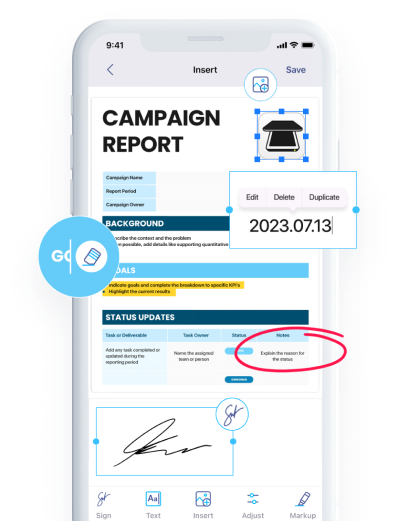

11 nov 2024
The rapid development of artificial intelligence has revolutionized the way we approach information and basic tasks. Instead of browsing Wikipedia and searching for the most appropriate article, we now turn to ChatGPT for quick answers and neatly summarized responses. Obviously, AI’s influence extends far beyond such basic inquiries. Students, for instance, can significantly improve their learning process using it. With a variety of AI-powered tools now available on virtually every platform, they can make their study sessions more productive, stay organized, and even enhance their understanding of complex topics. In this article, we’ll explore some of the most popular AI tools for students, focusing on how each app or service can support their academic journey.
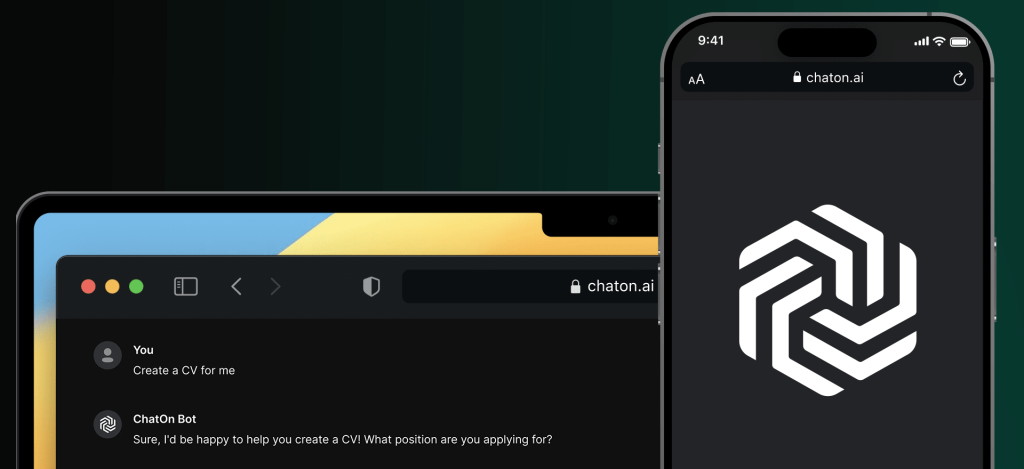
Various generative AI models are at the forefront of the AI revolution, so it feels natural to start our list with one of the most recognizable tools — ChatGPT. While OpenAI’s groundbreaking model is often accessed through a browser, it’s also widely available in numerous mobile apps. One such app, ChatOn, can become a real game-changer for students. Powered by ChatGPT, it offers convenient access to a conversational AI tool that can answer questions, simplify difficult concepts, and provide detailed explanations on various topics. ChatOn can also generate ideas for essays, suggest research topics, and offer advice on how to approach different types of assignments.
While some may think of ChatGPT as a shortcut for exam cheating, in reality, it can offer so much more. This powerful generative AI can actually help you with interactive learning, as it’s capable of engaging students in a natural, conversation-like format. If a student is struggling to understand a complex concept, they can ask ChatOn to explain it in simpler terms or use real-life examples. Additionally, the app can help students generate summaries, review their homework, and provide access to all the necessary information.
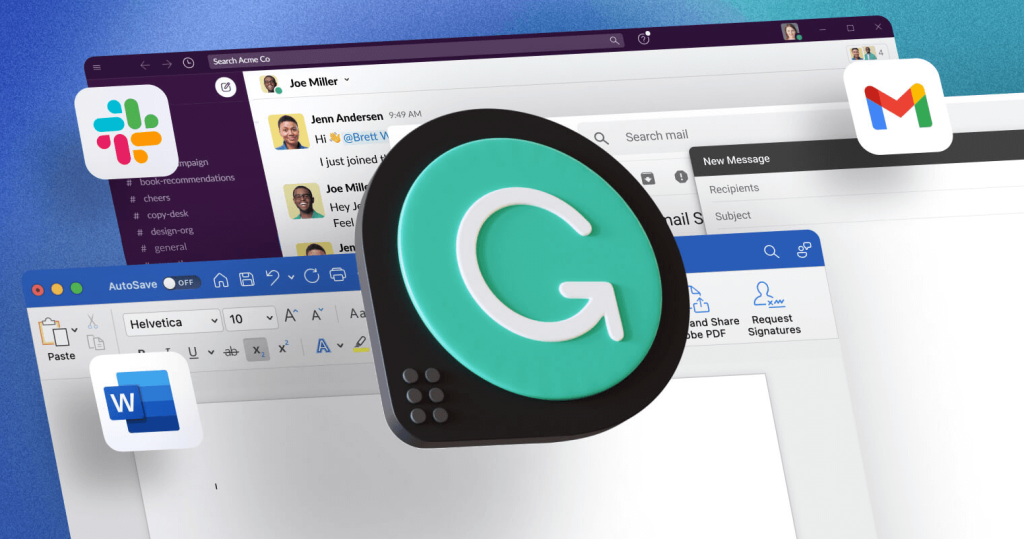
Even with all of humanity’s knowledge available through a dialogue window with ChatGPT, you still have to express your newly acquired thoughts correctly and competently. An excellent essay or data-driven research can easily fall victim to poor grammar, and that’s where AI can also be of assistance. Grammarly is an AI-powered writing companion that helps students produce polished written work. It analyzes text for grammar, punctuation, and stylistic issues, providing actionable suggestions for improvement.
Grammarly is especially useful during the drafting and revision stages of writing. Its real-time feedback helps students refine their language, improve their sentence structure, and enrich their vocabulary. Additionally, it offers a tone detector that can help students adjust the formality of their writing for both casual emails and serious academic papers. Moreover, using Grammarly encourages students to become more mindful writers, as they tend to avoid their previous mistakes, improving their skills over time.
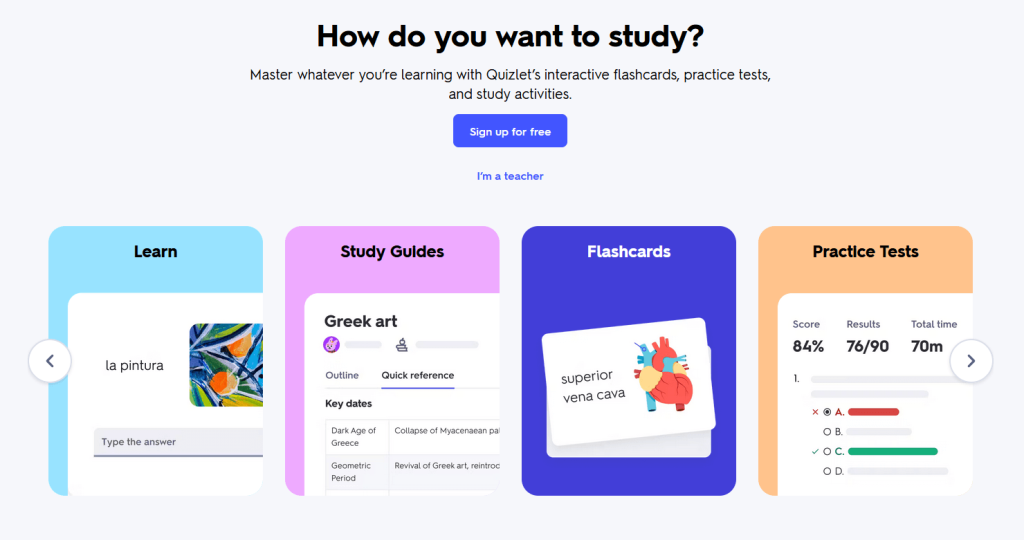
Using AI for writing and proofreading can be somewhat passive, but there are other, more engaging ways of leveraging your studies with it. An excellent example of such a tool is Quizlet. It uses AI to make studying interactive and effective by generating digital flashcards and quizzes on nearly any topic. Quizlet’s model is adaptable, meaning it can follow each student’s learning pace and ensure they spend more time on challenging areas and less on those they’ve already mastered. Basically, Quizlet’s algorithms personalize the experience based on a student’s performance.
This platform, being the most popular online learning tool in the US, also includes features like “Learn Mode,” which uses spaced repetition to help students remember key concepts. This approach has already been shown to improve long-term knowledge retention, making Quizlet particularly useful for subjects requiring constant memorization, such as languages, science, and history. This tool acts almost like your personal, nonjudgmental teacher who adapts to your strengths and weaknesses on the go.
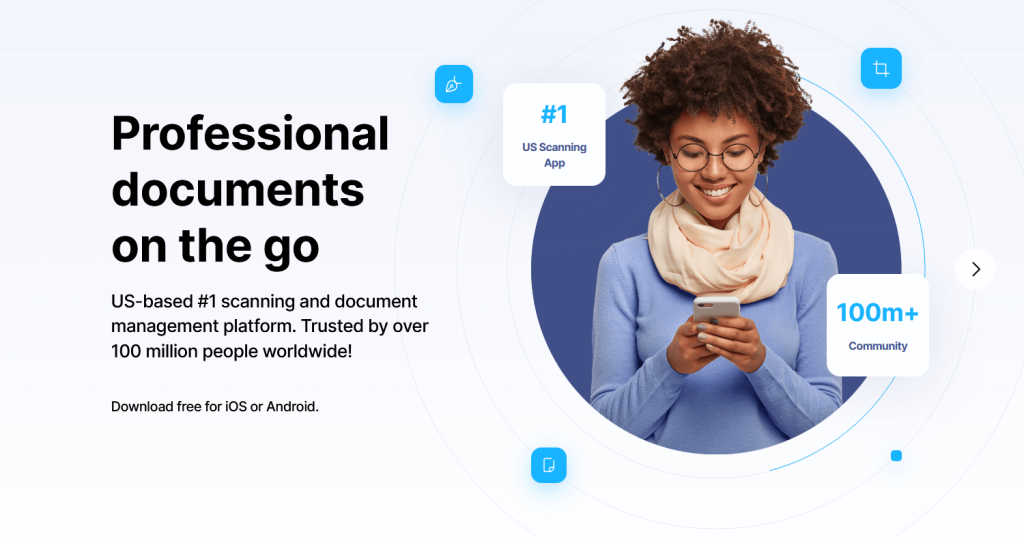
Available on both iOS and Android, iScanner is an AI-powered app that transforms any mobile device into a high-quality scanner, allowing students to digitize notes, textbooks, and other printed materials quickly. With iScanner, students can scan and store documents as PDFs, keeping their study materials organized and easily accessible without carrying physical copies. AI is engaged in every stage of document digitizing, from recognizing the borders to enhancing the quality of any scan. The latter includes AI-powered deblurring, straightening, finger erasing, shadow removal, and more.
No less impressive is iScanner’s in-house OCR (Optical Character Recognition), which converts scanned text into editable, searchable content. This way, students can easily search through digitized notes or edit them however they want. On top of that, iScanner includes other essential AI-powered features, making it one of the best AI tools for students for everyday use and urgent study-related tasks. The app can help proofread, rewrite, and translate scanned texts, while the Math mode can be of use when a student is stuck on a math problem.
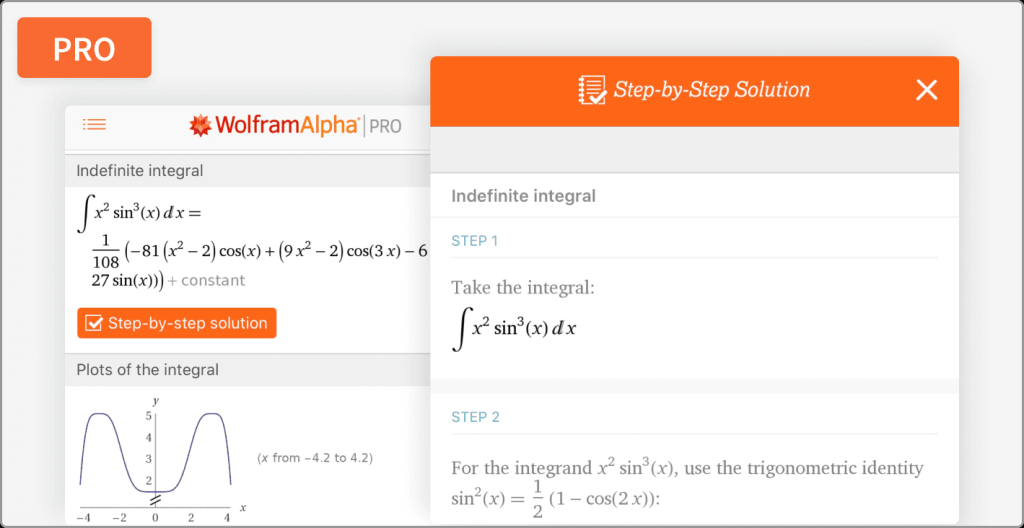
At the core of any AI lie powerful algorithms based on complicated math, so it’s no wonder that there are AI tools specifically focused on solving math problems. Wolfram Alpha can become an excellent find for any student willing to analyze scientific data, explore detailed explanations of technical subjects, or get a straightforward solution to a complex math problem. Wolfram Alpha provides step-by-step solutions and is particularly helpful for such subjects as calculus, physics, and engineering.
In addition to math and science, Wolfram Alpha can also answer questions related to history, geography, and finance. For instance, a student working on a physics project can use the app to calculate data or visualize formulas, while a statistics student might use the platform to analyze data distributions. This versatile tool not only provides answers but also encourages students to understand the essence of each solution, acting as a valuable resource for mastering difficult concepts.
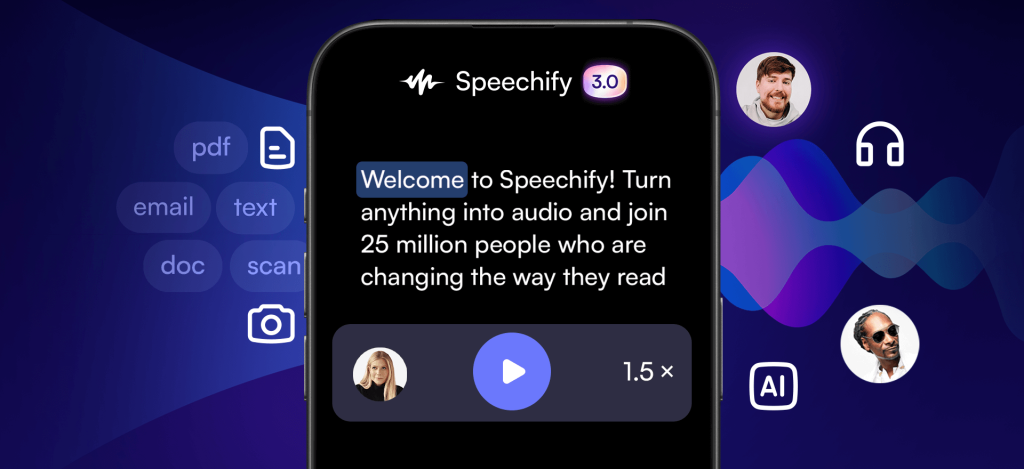
Turning printed materials into digital copies is an excellent way to store all study-related materials in an easily accessible format, but what if we could make it one step further? Speechify is a text-to-speech tool that uses AI to convert written content into spoken audio, making it perfect for auditory learners and busy students on the go. With Speechify, they can listen to class notes, textbooks, or web articles, all while multitasking or doing household chores.
The AI in Speechify can recognize complex vocabulary and intonation, creating a natural listening experience instead of a lifeless robotic voice. So, it offers a highly accessible way to absorb information for everyone, especially for students with reading disabilities or those who simply prefer auditory input. Listening to study materials can reinforce understanding and improve knowledge retention. Plus, when used alongside traditional reading, it boosts studying productivity even more.
AI tools for students have really transformed the approach to studies. From interactive tutors to research assistants, AI platforms stand out as excellent learning companions designed to save time, improve efficiency, and even provide students with valuable insights into their study habits. With tools like ChatOn, Grammarly, or iScanner, students can approach academic work more confidently, finding support for virtually any study-related task. These technologies allow them to work smarter and be smarter, making learning more enjoyable and accessible.
